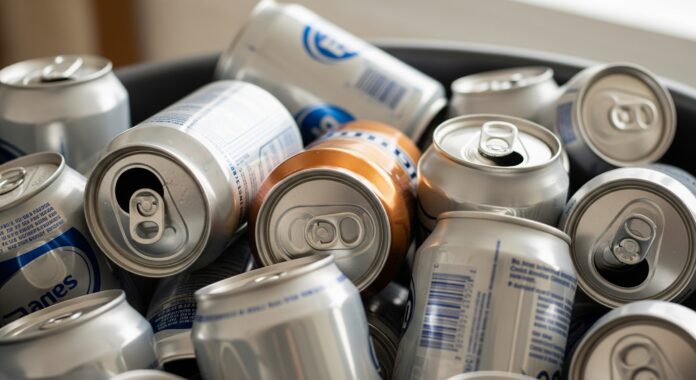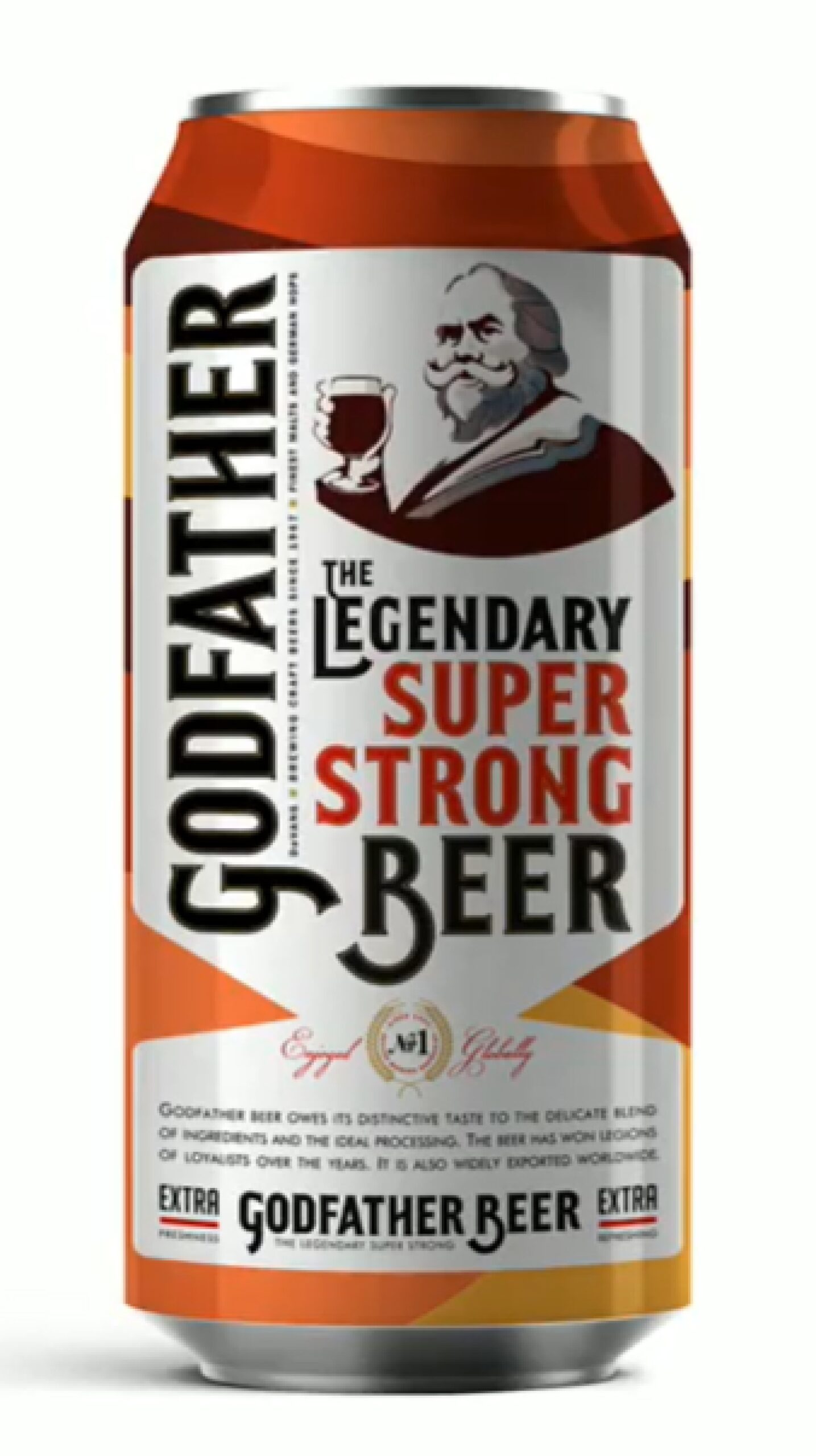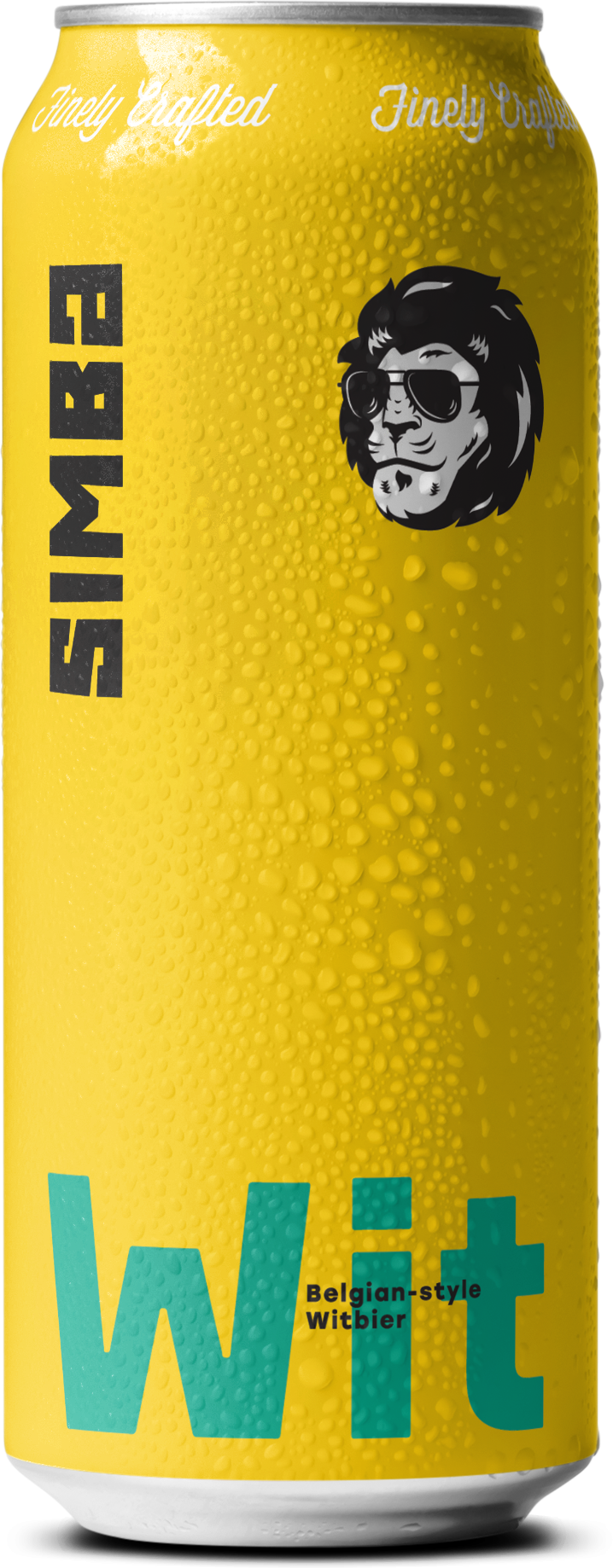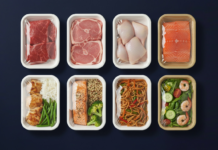
Indian beer manufacturers are in a tough spot because of a shortage of aluminum cans for packaging after the introduction of BIS (Bureau of Indian Standards) certification requirements for imported aluminum cans. While the intent is to ensure quality and safety, the approval process has occasionally led to delays in clearance and logistics, especially when domestic production is already under pressure.
BIS certification is essential for aluminium cans for beverages as per the IS 14407:1996 standard. This standard ensures that aluminium cans used for packaging beverages meet stringent quality, safety, and performance criteria. Certification guarantees that these cans undergo rigorous testing for material composition, structural integrity, corrosion resistance, and sealing efficiency, ensuring they are safe for storing and transporting beverages.

India’s acute shortage of beer cans stems from a global supply-demand mismatch. Rising consumption of canned drinks, exacerbated by the pandemic, outpaced global manufacturing capacity. High energy costs forced aluminium smelters to scale back production. In India, these global disruptions have been compounded by surging demand from leading brewers, pushing smaller players and craft brands to the back of the line.
Compliance with IS 14407:1996 signifies a manufacturer’s commitment to producing high-quality aluminium cans that maintain beverage freshness, prevent contamination, and support sustainability through recyclability. BIS certification is mandatory for aluminum cans for beverages, whether they are manufactured in India or imported.
According to Ishwaraj Bhatia, the COO and co-founder of Simba Beer, India continues to rely significantly on imports for both primary aluminium and finished cans. While the country has active aluminium and packaging manufacturers, domestic capacity still falls short of meeting the surging demand from beverage brands, especially in the post-pandemic era, where canned formats have gained popularity.
“Players such as CanPack India, HTW, and Akshar Products are contributing to the supply landscape, but capacity expansion is still catching up. This import reliance underscores the need for greater domestic investment and infrastructure in the aluminium and packaging sectors,” Bhatia said.

This standard specifies the requirements for seamless two-piece aluminium cans manufactured using the Drawn and Wall Ironed (DWI) process, as well as impact-extruded and ironed aluminium cans, with a capacity of up to 500 ml.
The recent supply constraints have accelerated interest in localizing can production and exploring backward integration across the alcohol value chain. Beverage brands, investors, and even policy stakeholders are evaluating long-term investments in domestic manufacturing.
According to Persistence Market Research, the Indian aluminium beverage can market is projected to grow from approximately US$ 0.4 billion in 2025 to nearly US$ 0.8 billion by 2032, signaling strong momentum for local capacity-building and reduced import dependence.
“While Simba’s presence across cans and bottles remains strong, SKUs of cans continue to drive a significant share of our off-premise and qCommerce revenues,” he says. “Due to ongoing supply constraints, we’ve partnered with local can suppliers to ensure consistent availability, even at a higher cost. While we are not currently supplying kegs, we are exploring the use of kegs for distribution in select markets such as Maharashtra and Goa in the future. In the short term, we are focused on optimizing bottle formats to maintain supply stability and meet demand.”
Simba Beer is expanding its bottle formats to manage supply volatility and ensure consistent availability across markets. The impact is most visible during summer peaks and festive periods when demand surges, and some regions have reported stockouts and distribution disruptions despite breweries maintaining production.

In the words of Prem Dewan, chairman and managing director, Devans Modern Breweries, the obligatory BIS certification for imported aluminum products and finished cans delays the supply chain, though it is very much part of ensuring quality and safety. “All manufacturing plants have to be certified by BIS, even the foreign ones. I believe one such plant has already been certified, from which imports happened this year. Certifying foreign plants is a time-consuming process and requires substantial interest and effort by such plants in order to get the process done.”
He says, “We have substantial revenue from cans and fortunately did not face any shortage this year. Unfortunately, beer can be packed only in bottles and cans. Both SKUs have their own consumers and markets and some shifts can be there from one SKU to another. However, the shortage of a particular SKU can have an adverse effect on consumption.”
The only viable option to prevent shortages is to expand can production capacity. “However, the gestation period for can plants is about two years and though a couple of such plants are already in the pipeline, production is only expected towards the end of 2026. The shortage as such will probably continue till at least the end of 2026,” Dewan concludes.
IndiFoodBev — authentic, impactful and influential
An English-language food and beverage processing and packaging industry B2B platform in print and web, IndiFoodBev is in its third year of publication. It is said that the Indian food and beverage industries represent approximately US$ 900 billion in revenues which implies more than 20% of the country’s GDP. Eliminating the wastage on the farmside can help to deliver more protein to a higher number of the population apart from generating sizable exports. The savings in soil, seeds, water, fertilizer, energy and ultimately food and nutrition could be the most immense contribution that country is poised to make to the moderation of climate change.
To improve your marketing and grow sales to the food and beverage processing and packaging industry, talk to us. Our research and consulting company IppStar [www.ippstar.org] can assess your potential and addressable markets in light of the competition. We can discuss marketing, communication, and sales strategies for market entry and growth.
Suppliers and service providers with a strategy and budget for targeted marketing can discuss using our hybrid print, web, video, and social media channels to create brand recognition linked to market relevance. Our technical writers are ready to meet you and your customers for content.
The second largest producer of fruit and vegetables in the world is continuously expanding processing capacities and delivery systems with appropriate innovative technologies. We cover product and consumer trends, nutrition, processing, research, equipment and packaging from farm to thali. Get our 2025 media kit and recalibrate your role in this dynamic market. Enhance your visibility and relevance to existing markets and turn potential customers into conversations. Ask for a sample copy of our bi-monthly in print or our weekly IndiFoodBev eZine each Wednesday.
For editorial info@ippgroup.in — for advertisement ads1@ippgroup.in and for subscriptions subscription@ippgroup.in
Naresh Khanna – 10 February 2025
Subscribe Now










